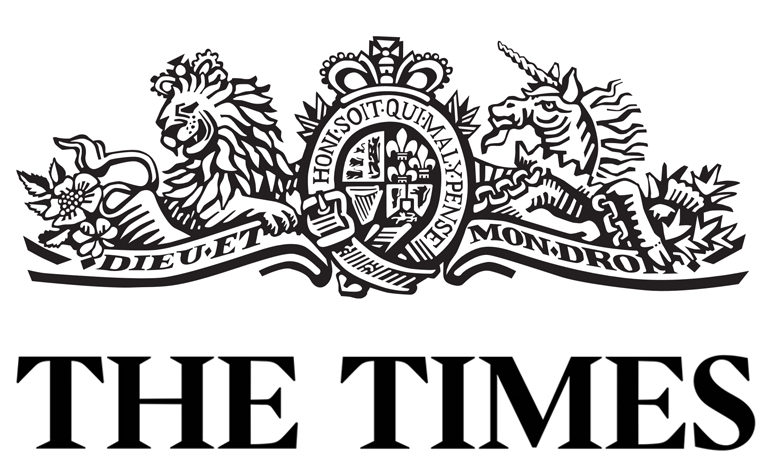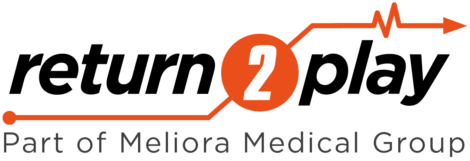Dr Barke discusses George North’s latest concussion

After just 11 minutes of the match, the collision left North motionless on the pitch before he was eventually able to leave the field to undergo a Head Injury Assessment which he failed.
This has resulted in a number of questions being raised about whether North should continue to play rugby, given his history of concussions.
Dr Sam Barke, Return2Play’s Medical Director spoke to The Times to discuss North’s next steps and how concussions are treated in Rugby.
The full original text can be found below.
By Alex Bywater 25 Feb 2020
George North will return to the Wales camp today (TUES) after being urged to undertake independent and specialist advice on the long-term impact of his latest concussion.
North was removed from the field in the 11th minute of Wales’ 27-23 Six Nations defeat by France on Saturday after colliding with Gael Fickou.
The 27-year-old briefly lay motionless following the incident before stirring and was then taken away for a head injury assessment – one he subsequently failed.
Wing North has had a long history of concussion and the France game was the sixth time he has suffered a head knock while playing. It has again led to questions over whether the 94-cap wing – who has 40 tries for Wales – should continue with his career amid ongoing worries over his health. “George has a history of concussion and after the France game there is a lot of talk out there about his long-term health,” said Dr Sam Barke, medical director of Return2Play, one of the UK’s leading sports medicine organisations who specialise in concussion. “The important thing at this stage is that his early recovery is managed properly – it doesn’t matter if you’ve had 10 previous incidents or one, the first priority is ensuring optimum recovery this time around. I understand that George had an extended recovery of 5 months from a previous concussion but there is no guarantee he will have the same problems this time around. It’s important each player, and to some extent each incident, is treated on an individual basis.
“My advice to George would be to seek independent and external advice from specialists so he can get the full picture. Only then will he get all the details on the risks of carrying on playing. I’m sure this is something that will already be being looked at”
North suffered four head injuries in the space of five months between November 2014 and March 2015 and took five months out of the game in 2015. Prior to Saturday his last knock was in 2016.
Wales were given two days off after the France game but will return to training today (TUES) where North – who is expecting a child with his wife and former Olympic cyclist Becky James after the Six Nations – will continue the usual return to play protocols employed following a head injury.
After failing his head injury assessment, he watched the rest of the France game from the bench as his team’s Six Nations title hopes ended. Wales have two weeks until their next game with England. The Welsh Rugby Union place the utmost importance on player welfare and in the build-up to the France game, they called in a globally renowned concussion expert to assess if fly-half Dan Biggar was fit to face Les Bleus. Biggar had failed a head injury assessment against Ireland on February 8 after suffering two head knocks against Australia and Fiji at last year’s World Cup in Japan.
The decision to seek external assistance on Biggar’s welfare was actively sought out by the WRU’s medical team. It is unclear at this stage whether North will receive the same treatment.
“The first thing for any player when they suffer a head injury is to ensure they are treated correctly and there is no doubt that happened in the case with George against France,” said Barke.
“From the moment he collided with Fickou he was removed from the field immediately, undertook a head injury assessment and when he failed that assessment, he didn’t return.
“Long-term brain injury is a concern with concussion, but it is too simple to say that will be the result in George’s case. While multiple concussion is undoubtedly a risk factor for long term harm there are plenty of other factors that are likely to play a role and we simply don’t know at this stage how to quantify that risk.
“We don’t have all the answers. The impact of heading a football and the potential impact that might have on long-term brain health is in the news at the moment. While there’s no proven link between heading and that harm there is enough concern that the FA has taken precautionary measures.
“Similarly in rugby, we aren’t at a stage where we can prove that harm will be done from multiple concussions but it is right to be cautious. Rugby has been ahead of the game on head injuries and concussion. No other sport does it better.
“Their head injury assessment and return to play protocols are the best we have to protect players.”
